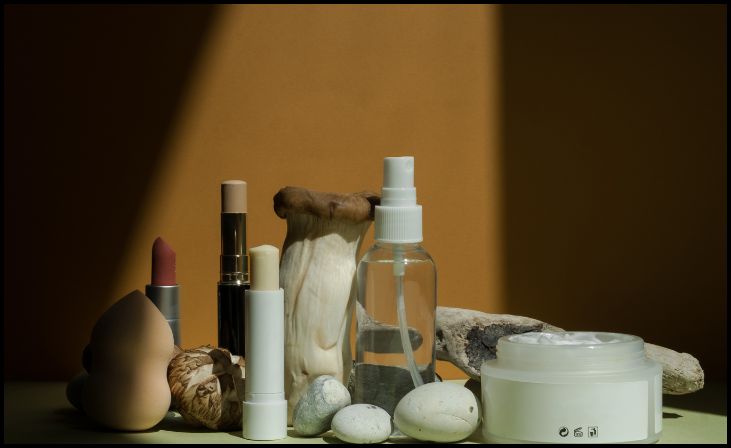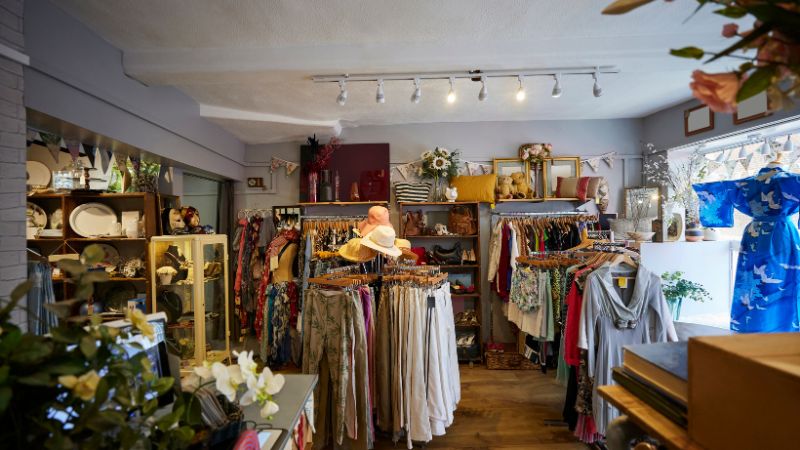Thrift stores are a treasure trove for bargain hunters, offering everything from vintage clothing to unique home decor. However, not all secondhand items are worth the savings. Some things are better bought new due to hygiene, safety, or quality concerns. Let’s dive into the nine things you should avoid buying at thrift stores.
1. Stuffed Animals

Once-loved stuffed toys might seem like a great find at thrift stores, but they can harbor a host of issues. Fleas, bed bugs, drool, snot, odors, mold, and allergens can all be lurking within the plush fabric. Washing them often results in disfiguration or even destruction. For the sake of safety and cleanliness, it’s best to buy new stuffed animals.
2. Bike Helmets and Hats
Used bike helmets and hats can carry lice, infections, and allergens, posing health risks. Helmets, in particular, might not meet current safety standards if they’ve been involved in an accident or are simply worn out. Only consider purchasing these items if they appear brand new, but even then, proceed with caution.
3. Skincare Products and Makeup

While the idea of snagging high-end skincare products and makeup at a fraction of the price is tempting, it’s not worth the risk. These products can be breeding grounds for germs, and without proper labeling, you can’t be sure of their ingredients or expiration dates. Using old or contaminated products can lead to rashes, infections, or worse.
4. Mattresses and Pillows
Bedbugs are a notorious problem with secondhand mattresses and pillows. These pests can hide in seams and survive for up to a year without food. Additionally, used mattresses and pillows can contain allergens, dust mites, and stains. Always inspect these items closely for bugs, eggs, and black dots, but to be safe, consider buying new.
5. Pet Furniture

Secondhand pet furniture can harbor bacteria, parasites, fleas, and allergens, posing health risks to your pets. These items can also have lingering smells and stains that are difficult to remove. To avoid potential problems, invest in new pet furniture that ensures cleanliness and safety for your furry friends.
6. Vacuums
Used vacuums often lose suction and are rarely cleaned properly, which means they can be filled with dust, dirt, and allergens from the previous owner’s home. If you can’t test a vacuum thoroughly, it’s best to buy a new one. New vacuums come with warranties and the assurance that they’ll work effectively.
7. Undergarments
Used undergarments, including underwear and swimsuits, should be avoided due to hygiene concerns. Even if they appear clean, they can harbor bacteria and germs that are difficult to eliminate. Unless these items are new and sealed, it’s better to buy them brand new to ensure your health and safety.
8. Infant Car Seats, Strollers, and Baby Cribs

While babies outgrow items quickly, ensuring secondhand baby gear meets current safety standards is crucial. Car seats, strollers, and cribs can have unseen damage or recalls that compromise their safety. Always check for any signs of wear and tear and verify that they are in excellent condition to protect your child.
9. Puzzles
Secondhand puzzles may seem like a fun and inexpensive way to pass the time, but they often come with missing pieces. Additionally, puzzles can harbor bacteria and germs, especially if they were handled by multiple people. To avoid disappointment and potential health risks, it’s better to invest in new puzzles.




